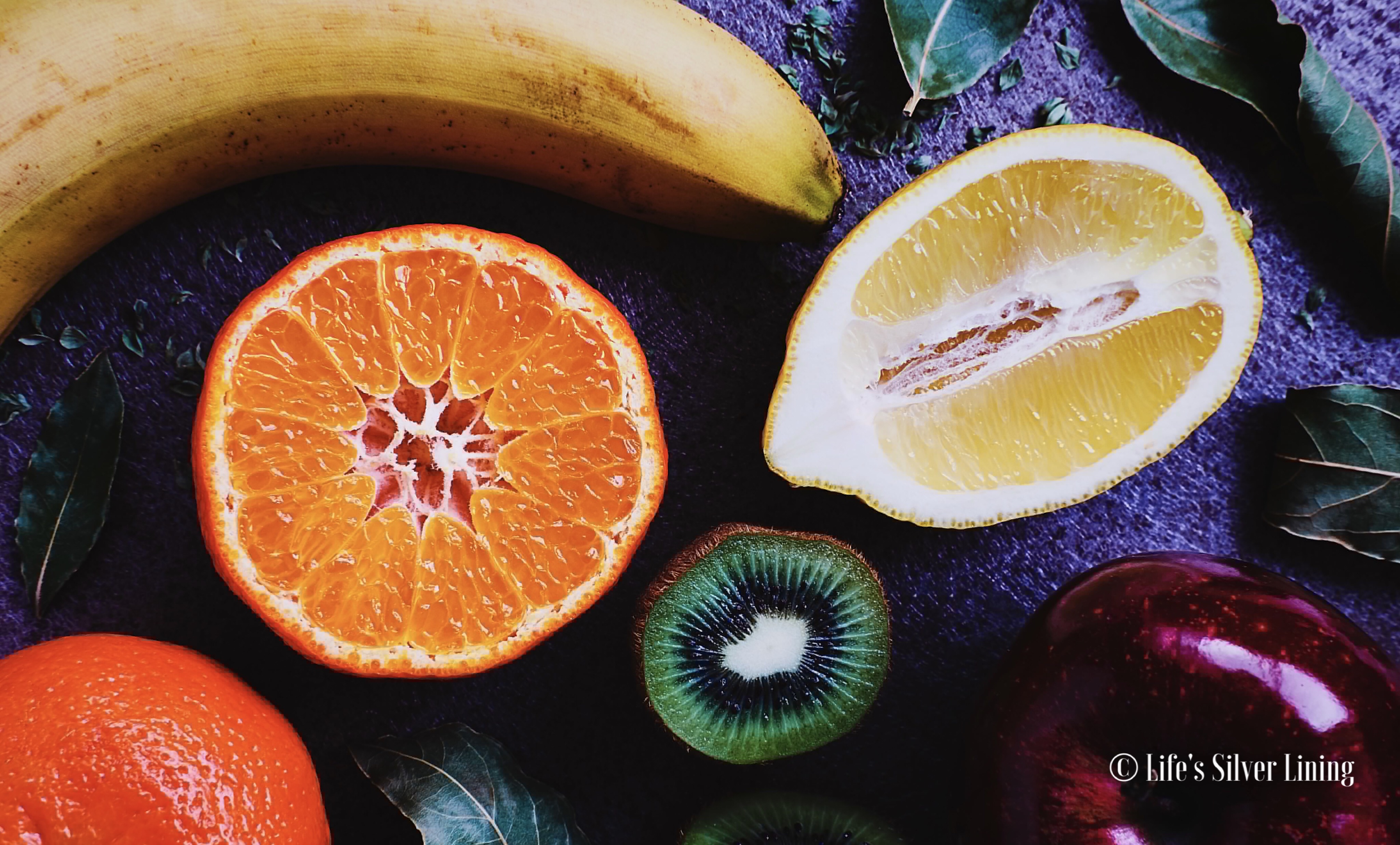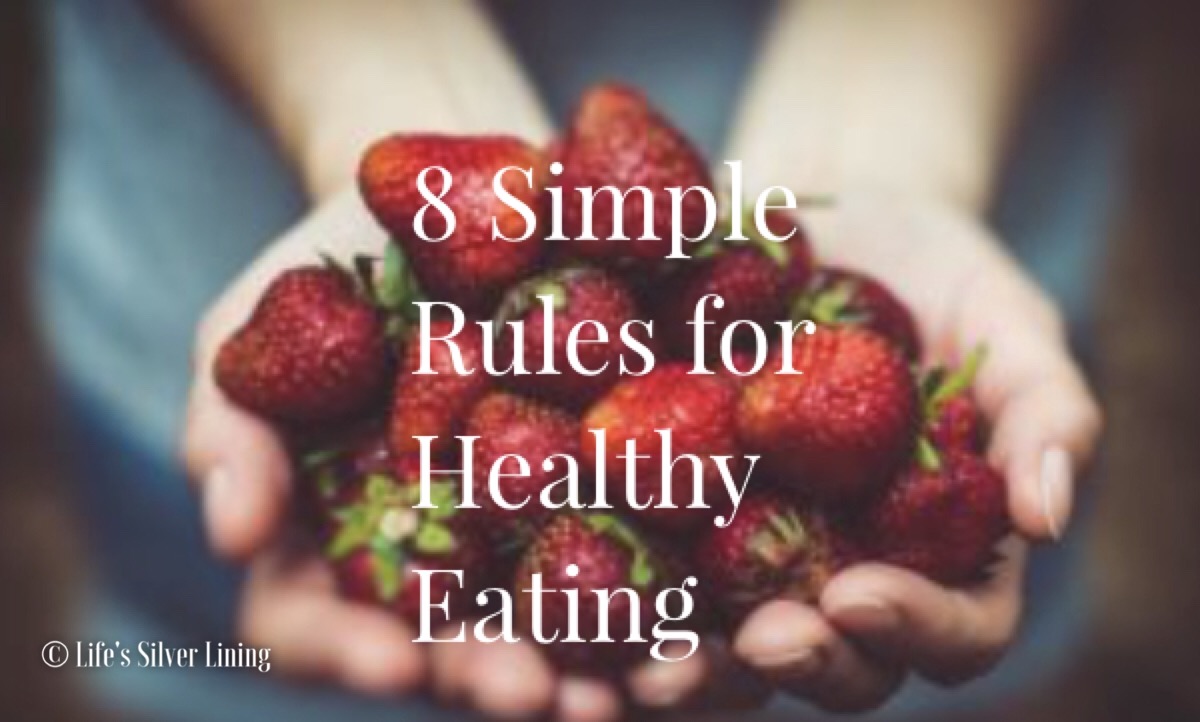
Nowadays people’s health conscience and perception has grown big, along with the increasing availability of knowledge. There are many channels contributing to this information boom. The internet, magazines, TV shows, social media are some of the examples of ways from which you can search, filter and absorb data.
Every individual is accountable for the decisions made. So it’s only logical that better informed people make better decisions. Nevertheless this premiss doesn’t always apply to reality. Speaking of myself, I gathered information about nutrition since college, but it was recently when I had the urge to make a change in my life, that I made that information most useful. My goal at the time was to lose weight and regain the sense of healthy vitality and being able to get into my old skinny jeans. In this journey I had the need to simplify things, in order to maintain focus.
So, for me a healthy diet is based in three main principles, the variety of foods included in your diet, the balanced proportions present in each meal, and the increased frequency of meals. Also seven other rules can be added to these principles, making a total of 8 as listed below.

1 – Variety of foods
Healthy eating doesn’t mean boring or restrictive diet, that’s a frequent misconception. On the contrary, it’s imperative to be based on diversity, since different food provides different nutrients, these compounds resulting from the decomposition of food intake, depending on their properties and characteristics, can be grouped in: carbohydrates, fats, proteins, fibers, vitamins, minerals and water.
2 – Balanced proportions
Everything you put in your plate counts, so try to follow the recommend proportions. Throughout time WHO (World Health Organisation) has updated it’s food wheel, including more recently water at it’s center. This instrument available online states approximately how much of each nutrient you need on a daily basis. If you want some change, in my experience try to reduce the intake of carbohydrates and fats. Increasing the proportion of fibres, proteins, vitamins and water.
3 – Frequency of meals
Augmenting the frequency of meals helps you control your apetite/cravings and reduces de need your body has to store nutrients, as in fat tissue. Therefore try to eat every 3 hours. Increasing the number of meals will also help you reduce the size of each meal to the necessary amount for your body. A small piece of fruit or a yogurt in between meals are good examples of how you can add more meals to your day.
4 – Never skip breakfast
Never ever fail to eat breakfast. That’s a golden rule. It’s the first and probably the most important meal of the day, since it’s the first one your body receives after long hours without eating. Breakfast is crucial to set your body’s mood and rhythm. It’s also essential to start light and healthy. You’ll find some ideas for your healthy breakfast is recipes menu. Make better choices, avoiding fat and greasy foods, as well as processed and sugary ones.
5 – Vegetables and fruits
Always eat your vegetables! Try to make them a part of every meal you take. They are a great source of fibre, vitamins and minerals. Giving your immune system a big boost to face everyday aggressions to your body, enabling a better and wiser defensive response. These aggressions can be environmental, like bacteria and viruses, or can develop inside your body, such as cancer, which researches found the role of the inume system to be crucial fighting and eliminating cancer cells.
Like vegetables, fruits also have a major role in keeping you healthy, helping your body to eliminate toxic elements produced by different body reactions, and also boosting your immune system. Vegetables and fruits are easy to introduce to your diet, sisudez they can be eaten raw in a salad or in a smoothie. My advice is to try to make at least 50% of your meals based on fruits and vegetables.
6 – Water
Water is a very important element, as I mentioned before it’s in the core center of the food wheel. Approximately 70% of our body mass is water, mainly in its molecular form. Keeping well hidrated is crucial to being healthy.
Yes! Specifically water on purpose, not liquids. To be clear of any misleading message. Step away from sodas, even if it’s labels state that are light and sugar free. Be suspicious, something was added to keep the taste appealing to consumers, sometimes even addicting. It’s a question of habit, so once your used to drinking water, your body will only recognise it as the only way to quench thirst.
Be aware that it’s recommended to drink at least 50 fl. oz. (1,5 l) per day. It’s approximately 6 glasses of water, which you should drink in between meals. This aspect is mostly important if your trying to manage weight. It has to do with the fact that your stomach is kind of elastic, and any fluid will always occupy the remaining stomach space, so it promotes the increasing of stomach capacity, delaying the fullness sense on each meal.
7 – Eat slowly
Physiologically speaking, it takes at least 20 minutes for your brain to recognise your full and satisfied, after acknowledging your eating a meal. So if you eat slower, enjoying each meal at it’s full potential, sensing taste, color, smell, texture and crunchiness. You will eat at a much slower pace, increasing the pleasure, since your ‘feeling food’, also nourishing your soul.
When alone be conscious of yourself when you’re eating, enjoy the moment, try not to think of anything else that might interfere not in a positive way with that time. This will also increase your endorphins, augmenting the satisfaction, decreasing the need to overload your stomach.
When socially eat in a relaxed way, savouring the meal, pausing from time to time to express your ideas about the conversation present. Just take time!
8 – Better choices
Your best choice is always cooking your own meals, then your able to be sure of what’s in them. This might seam very stressful for some people, but like in everything in life if you start from an open mind point and begin with simple meals, I can guarantee you’ll enjoy. It might even become a very therapeutic moment in your day, as a calming and relaxing activity. This is also a very efficient way of reducing waste and saving money.
Plan your meals, if it helps write them in a paper. This will save you time, and make the chore easier. Make a list of what you want to buy. Shop for the ingredients preferably at a local market, so you can get the best foods of the season. Make better choices, such as prefer fresh, avoid processed foods and highly manipulated, always read the labels. Remember to never go shopping on an empty stomach, it will lead you to bad decisions about the foods you buy.
These are simple things you can start to change in your everyday routine, making time to improve your health, changing to a better you. I started with these basics and within days felt a different me, with more vitality and a sense of clarity. Hope to hear your stories soon, feel free to send feedback or questions.
Bella.
















 This website uses cookies to improve your experience while you navigate through the website. Out of these, the cookies that are categorized as necessary are stored on your browser as they are essential for the working of basic functionalities of the website. We also use third-party cookies that help us analyze and understand how you use this website. These cookies will be stored in your browser only with your consent. You also have the option to opt-out of these cookies. But opting out of some of these cookies may affect your browsing experience.
This website uses cookies to improve your experience while you navigate through the website. Out of these, the cookies that are categorized as necessary are stored on your browser as they are essential for the working of basic functionalities of the website. We also use third-party cookies that help us analyze and understand how you use this website. These cookies will be stored in your browser only with your consent. You also have the option to opt-out of these cookies. But opting out of some of these cookies may affect your browsing experience.